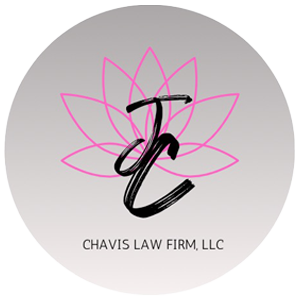Business owners constantly look for ways to maximize profits and expand when practical. One factor that affects the ability to do so is the type of entity the company is.
Reports from the Small Business Administration show that most people form their organizations as a limited liability company. While LLCs have many advantages, there are instances where a new or growing business may be better as an S corporation.
How is an S corp similar to an LLC?
Many aspects of an S corp are similar to an LLC and provide the same benefits. For example, an S corp also offers limited liability protection for owners. This shields personal assets from business debts and liabilities.
Also, both an LLC and an S corp offer pass-through taxation, which allows owners to report profits and losses on personal tax returns. Doing so eliminates double taxation. To gain these benefits, the ownership of a business will have to file documents with the state and cover registration fees.
No matter which type of entity a business owner chooses, filing provides a higher level of credibility and professionalism. A sole proprietorship may only look like a gig or side hustle that lacks permanence and focus.
What are the advantages of forming an S corp?
Incorporating can carry an extra level of professionalism and credibility, which is why an S corp can be advantageous in certain industries. While an LLC has exceptional flexibility for owners, the structured governance of an S corp can provide additional stability and security to shareholders.
Another reason that growing companies may prefer to become an S corp is to save on self-employment taxes. The owners of the company are shareholders, and if any of these work for the business, they must take a reasonable salary. However, they can receive their share of the remaining profits as dividends and avoid paying self-employment taxes on these earnings, as they will only be subject to the personal income tax rate.
Incorporation also offers another way to bring capital into the company because the organization can add additional owners as shareholders. Also, an S corp can be an ideal setup for passing on a family business to multiple heirs when doing estate planning.
While LLCs are popular, they are not the only option for small and mid-sized companies. Business owners should investigate the benefits of an S corp to determine whether this entity is right for them.
